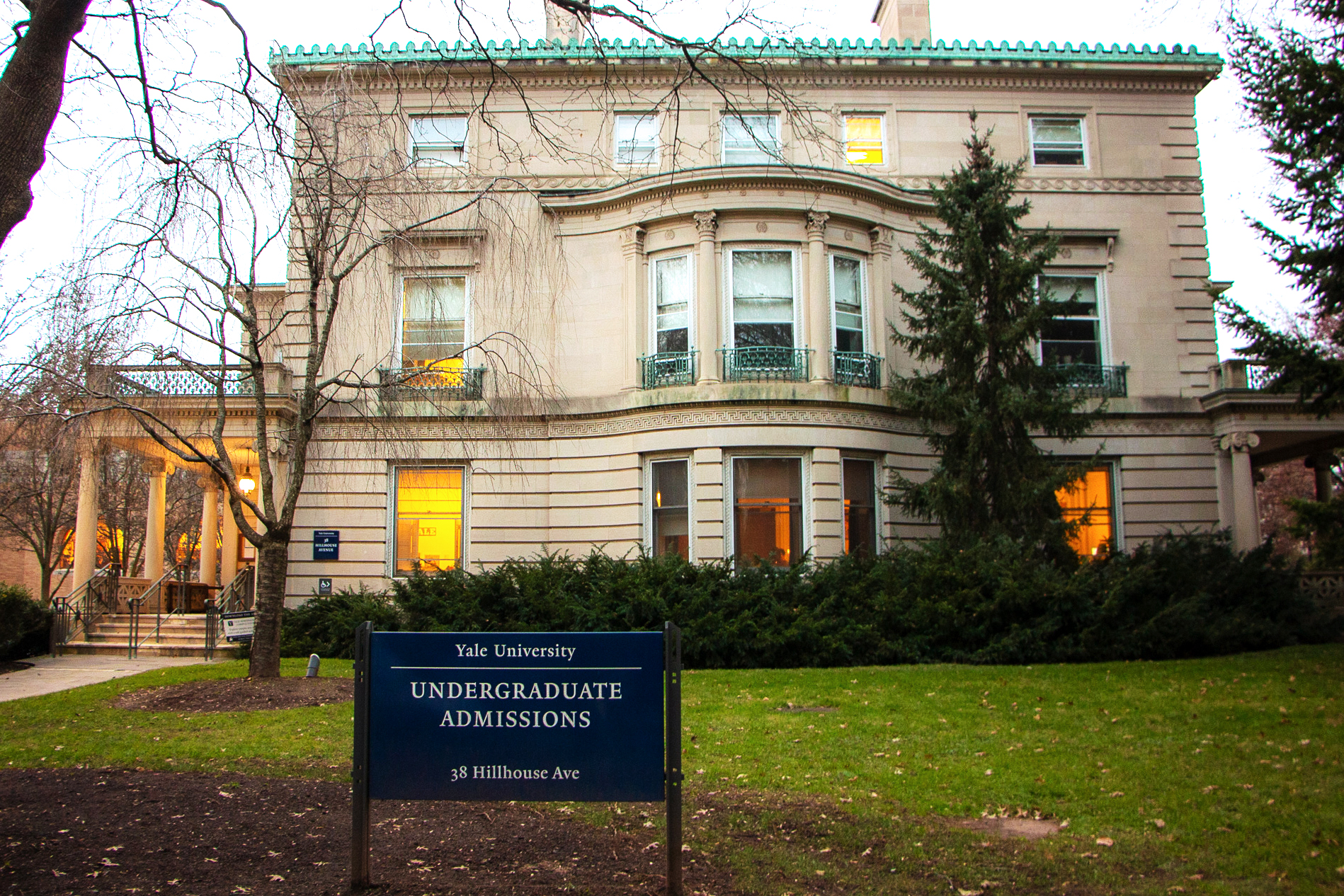
Logan Howard, Senior Photographer
While Yale’s campus remains closed to the public, the Yale admissions office has implemented virtual tours and information sessions to help reach out to prospective students.
These new virtual initiatives are divided into two categories — general campus tours and information sessions open to anyone who registers and initiatives tailored to specific regions of the country. The virtual programming contains a mix of pre-recorded content and live sessions. Between March 1 and Aug. 1, the Admissions Office has seen 75,000 visitors engage virtually, a 300 percent increase compared to last year.
“I like the global reach,” said Associate Director of Admissions Debra Johns. “And I like that we’re able to showcase the current student body much, much more in this virtual world. And I think that’s a big plus for us because we always talk about how special the Yale community is. And we’re able to actually showcase it through these events involving as many students as we’re able to.”
The virtual campus tour, which was revamped in 2017, showcases various aspects of the campus accompanied by pre-recorded, spoken descriptions of each location. In addition to the centralized campus tour, there is a science tour, an engineering tour, an athletics tour and a residential college tour.
Aside from campus tours, high school students now have access to virtual information sessions, an addition that was intended to re-create the live interactions of being on campus. These information sessions are hosted by both admissions officers and current tour guides who, because they cannot interact with campus visitors in-person, offer a student perspective and answer questions virtually.
“For us, the real asset with these student [tour guides] is just that their anecdotes, their experiences, their insights and their professionalism is something we’ve wanted to tap into,” said Mark Dunn, director of outreach and recruitment and associate director at the Office of Undergraduate Admissions. “So we’re finding ways to [utilize] their talents in these other digital events.”
Although the pandemic has altered what it means to connect with prospective students, the adjustments that the admissions office have made in response to the public health crisis have led to many positive developments in student outreach. According to Dunn, the transition to virtual programming has allowed the admissions office to reach a larger and more geographically diverse audience virtually than they could do on campus, since the limitations of geography and physical space do not apply to the online medium.
According to Johns, one virtual information session hosted during the summer included participants from over 23 different countries, something not typically seen with in-person events.
While the admissions office typically prepares for visits to high schools across the country during this time of the year, this new application cycle is entirely remote. Admissions officers will host information sessions with specific schools.
According to Associate Director at the Office of Undergraduate Admissions and Director of Multicultural Recruitment Moira Poe, while range for admissions officers is typically restricted by time and distance, the transition to online outreach allows her to visit schools that she has never been able to before.
“There is so little that is good about the pandemic, and just how we are in the middle of the public health crisis in this country,” Poe said. “And it definitely forced us to rethink how we approach some of our work. But it has also provided an opportunity to really think about increasing access.”
The annual Multicultural Open House, which usually hosts around 800 guests and is designed to showcase campus’s cultural centers, used to feature multiple panels in a single day. Now, the event will be stretched “horizontally” to last two weeks, Sept. 27 to Oct. 10, with one event on most days.
According to Poe, one of the most common pieces of feedback received regarding previous MOHs is the tight schedule, forcing guests to choose between events.
The events, which will be hosted through Zoom, will also be recorded to ensure that students with conflicting schedules can still participate.
Although there is a learning curve to the transition to virtual outreach, the admissions office has seen many benefits from connecting with students online and would like to continue employing some of these methods in the future.
“We’re learning,” Dunn said. “And I feel like we would not have had the chance to learn these lessons about what’s really most impactful in this virtual space without sort of being forced into it. And … there’s no turning back. I think we’re going to continue to provide some collection of virtual experiences for the foreseeable future because we’ve seen so many positives from it.”
The admissions office is currently closed to visitors due to the coronavirus pandemic.
Julia Bialek | julia.bialek@yale.edu
Kelly Wei | kelly.wei@yale.edu
Correction, Sept. 15: A previous version of this article referred to Moira Poe as a Senior Assistant Director of admissions. In fact, she is an Associate Director.







